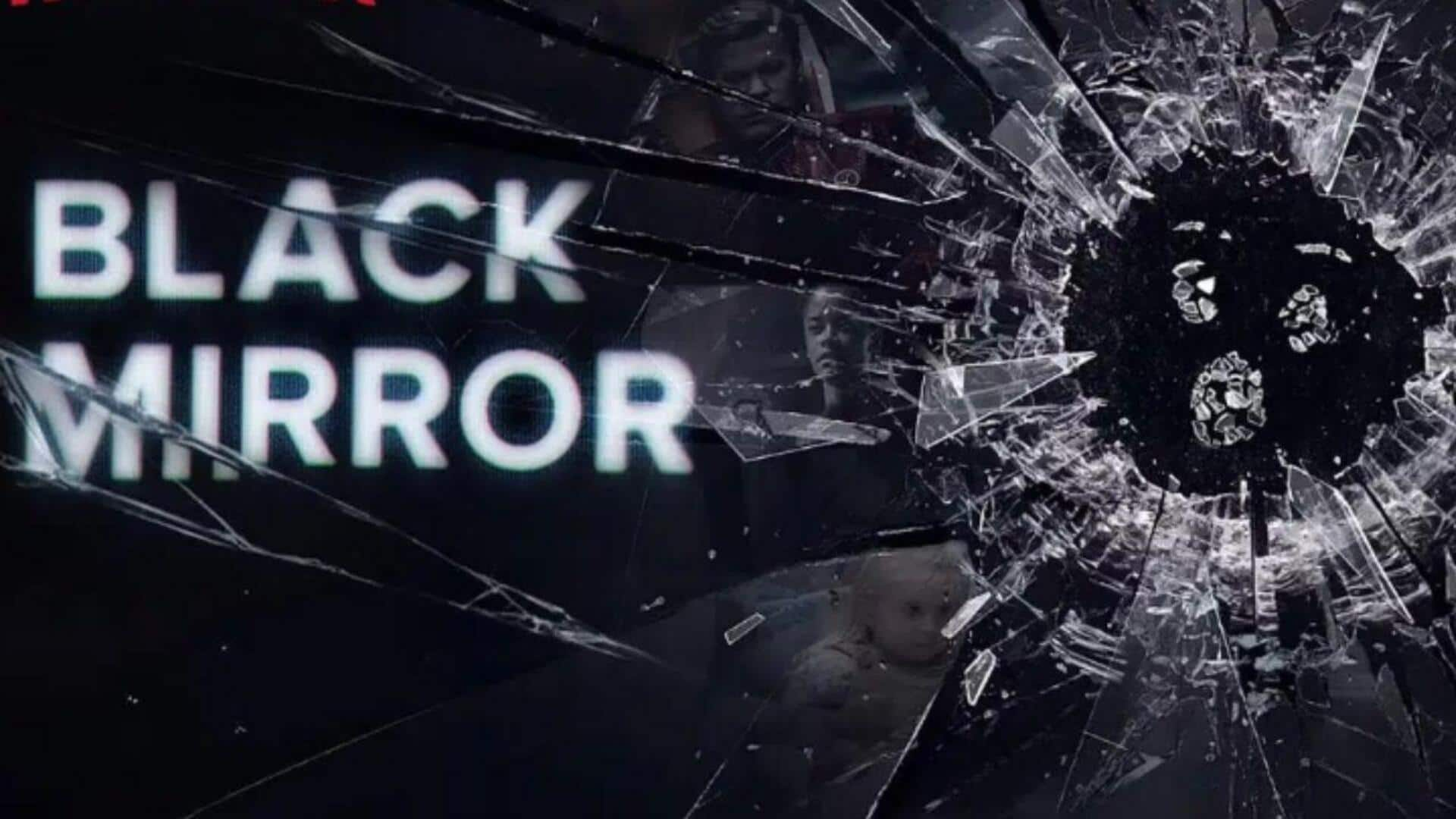
How 'Black Mirror' shows technology messes with your identity
What's the story
An anthology series, Black Mirror, delves into the effect of modern technology on society. More often than not, the show tackles the issue of a digital identity crisis, highlighting the battle between online personalities and real-life selves. It shows how technology can play the role of a mindf**k and confuse you about who you really are, giving a glimpse into the problems of our digital lives.
#1
The illusion of control
In Black Mirror, characters tend to think that they have control over their digital identities. But, as the series shows, that control is mostly an illusion. Algorithms and data collection practices define online personas more than our choices do. And, this lack of control can leave us feeling helpless as we realize that our footprints on the internet are not entirely in our hands.
#2
Social validation and its consequences
The series often delves into how social validation through likes, shares, and comments impacts self-worth. In one episode, characters reside in a world where one's social standing is dictated by the ratings given by others. This is similar to how people seek approval in real life from social media platforms. The incessant craving for validation can trigger anxiety, depression as people associate online fame with value.
#3
Privacy erosion in digital spaces
Privacy concerns form an integral part of the digital identity crisis portrayed in Black Mirror. Its episodes show how casually personal information can be accessed or altered, without your knowledge or consent. This erosion of privacy not only questions security but also makes trust a rare commodity in digital interactions. Given the pace of technology, privacy is becoming harder to maintain for online players.
#4
The impact on personal relationships
Black Mirror has also explored how digital identities impact personal relationships. Characters often struggle when virtual interactions take precedence over face-to-face communication, or when online personas don't match up to real-life ones. These situations highlight the significance of balancing virtual connections with real-life ones to ensure that our relationships remain healthy despite the growing influence of technology.